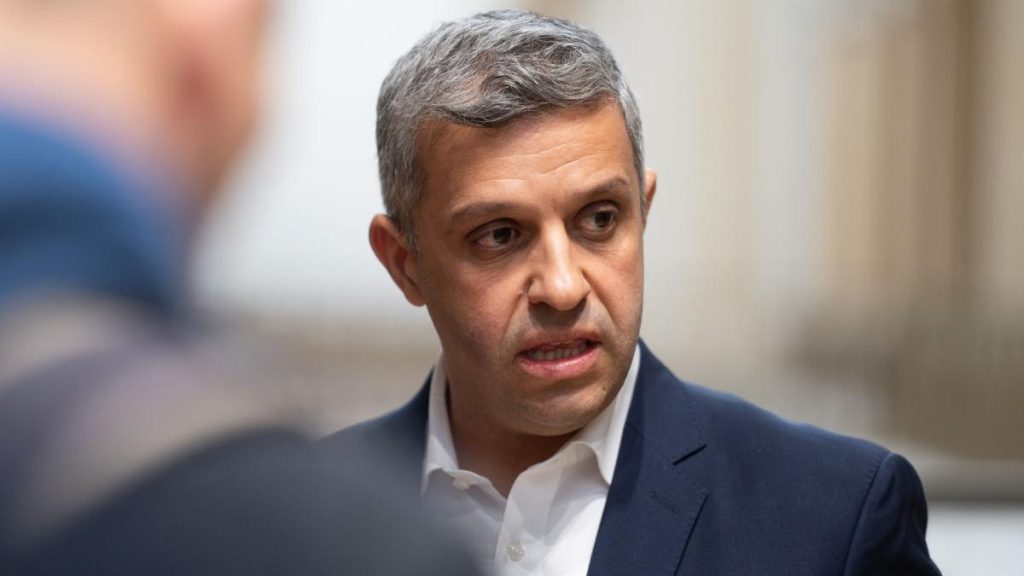The Berlin SPD members have decided that they want a fresh start without current party leader Raed Saleh. Saleh and his co-candidate Luise Lehmann received only 15.65% of the votes in the first round of the membership survey for the new leadership duo. With Saleh’s withdrawal and Lehmann’s anticipated resignation on the state party conference in May, they are out of the running for party leadership. The remaining duos, Neukölln district mayor Martin Hikel and former sports state secretary Nicola Böckler-Giannini, as well as party leftists Kian Niroomand and Jana Bertels, will now compete in the runoff election from May 2 to 17. Saleh and Lehmann expressed disappointment at the result, but acknowledged the members’ clear decision. Saleh, a key figure in the party for years, led the SPD into an unpopular alliance with the CDU, which may have contributed to his defeat.
Hikel described the outcome as a significant change and a new era for the Berlin Social Democrats. The election outcome is seen as a rebuke to Saleh’s previous policies, particularly his support for entering a coalition with the CDU after a historic electoral defeat in 2023. The party has been described as deeply divided, with Saleh and Giffey ruling by decree and distrusting each other. Hikel and Bertels both emphasized the need for a fresh start for the Berlin SPD, both in terms of personnel and policy. Giffey had already announced her resignation from the party leadership on January 3, calling for structural and personnel changes within the party to address the challenges ahead.
Saleh had faced criticism not only for his leadership style but also for his political agenda, which included initiatives such as free education from kindergarten to university, which were seen as unsustainable given future budget constraints. His opponents, notably Hikel and Böckler-Giannini, criticized what they called the “dumbing down” of the city by removing all fees without improving quality. The subsidized 29 euro ticket for public transport was also a point of contention. The debate highlighted a divergence in approaches within the SPD and reflected broader ideological differences in the party.
Members have now chosen their preferred course of action, with Hikel and Böckler-Giannini gaining significant support but falling just short of an absolute majority in the first round of voting. The runoff election will determine whether they can maintain their lead. The final selection of the party leadership based on the runoff results is expected to take place at a party conference on May 25. While the members’ vote is not legally binding, it is unlikely that the delegates will deviate from the members’ choice. The outcome of the runoff will reflect the direction that the Berlin SPD is likely to take in the coming years.















